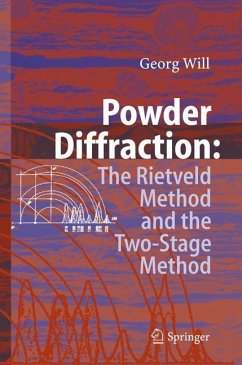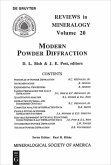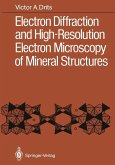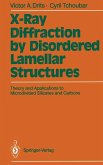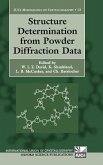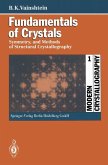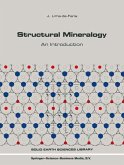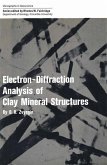Crystal structure analysis from powder diffraction data has attracted considerable and ever growing interest in the last decades. X-ray powder diffraction is best known for phase analysis (Hanawalt files) dating back to the 30s. In the late 60s the inherent potential of powder diffraction for crystallographic problems was realized and scientists developed methods for using powder diffraction data at first only for the refinement of crystal structures. With the development of ever growing computer power profile fitting and pattern decomposition allowed to extract individual intensities from overlapping diffraction peaks opening the way to many other applications, especially to ab initio structure determination.
Powder diffraction today is used in X-ray and neutron diffraction, where it is a powerful method in neutron diffraction for the determination of magnetic structures. In the last decade the interest has dramatically improved. There is hardly any field of crystallography where the Rietveld, or full pattern method has not been tried with quantitative phase analysis the most important recent application.
Powder diffraction today is used in X-ray and neutron diffraction, where it is a powerful method in neutron diffraction for the determination of magnetic structures. In the last decade the interest has dramatically improved. There is hardly any field of crystallography where the Rietveld, or full pattern method has not been tried with quantitative phase analysis the most important recent application.

